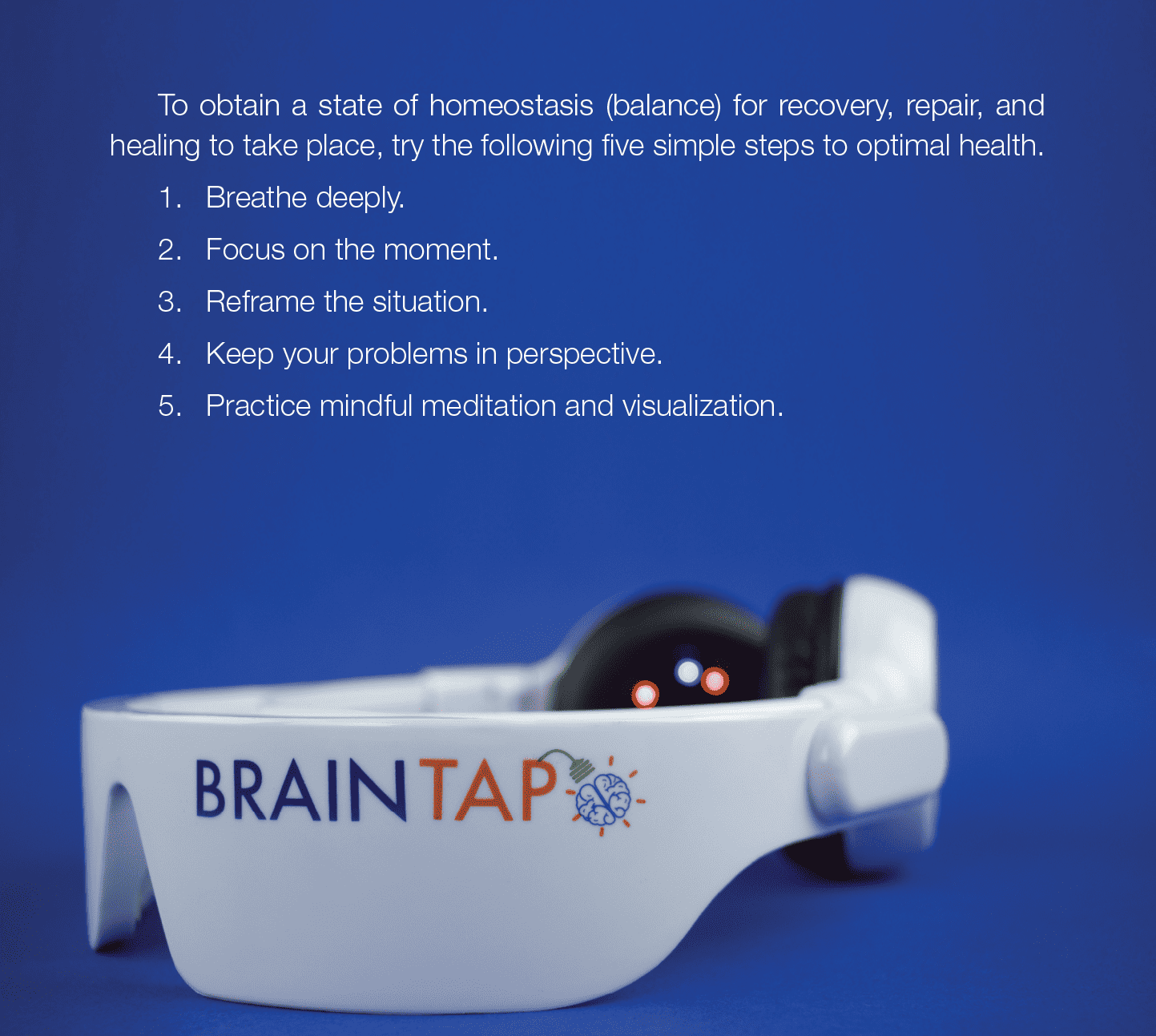Sandra Marlowe discusses how to nurture a relaxation response in everyday life and the dental office.

Nighttime sleeplessness may be a result of our minds and our bodies combined response to stress. A study in International Journal of Psychophysiology pointed out Chinese researchers’ discovery that our bodies are primed to stay awake when we perceive threats, and nighttime stress may amplify this response. Our bodies are responding to stress much like our ancestors did when they faced nighttime threats from predators — our brain thinks we’re in danger and keeps us on high alert, diminishing the possibility of a good night’s sleep.
Most people experience “super stress,” in their everyday lives, so the brain has to cope by generating high-intensity brain waves, which overpower calming brain waves, especially at night. Once your brain becomes used to this hyper alert state, it can become very difficult to wind down again. Super stress often manifests in disorders such as ADHD, obesity, diabetes, insomnia, headaches, and high blood pressure, to name but a few.
To obtain a state of homeostasis (balance) for recovery, repair, and healing to take place, try the following five simple steps to optimal health.

Tip No. 1: Breathe deeply
Deep breathing sends a message to your brain to calm the body. Detrimental stress responses — such as increased heart rate, increased hormone production, and high blood pressure — all decrease as you breathe deeply to relax. Just a few minutes of deep breathing can calm you and put the body back into recovery mode. For this reason, every audio session in our BrainTap® Library includes deep, relaxing, guided breathing designed to bring your body to ultimate relaxation.
Tip No. 2: Focus on the moment
When you are stressed and anxious, you may be worried about the future or regretting a past action. This can cause immense amounts of stress from which our bodies need recovery time.
One way to lessen this type of stress is to bring yourself back to the moment. If you’re walking, feel the sensation of your legs moving your body. If you’re eating, focus on the taste, the smell, the sensation of the food you’re consuming. If you’re relaxing, be mindful of the heaviness of your limbs and the deep, rhythmic sound of your breathing. Rather than seeing only the negatives, focusing on the moment offers you a space to think differently about stress and respond in a more appropriate manner without past regrets or future worries.
BrainTap’s sessions for optimal health
For Breathing deeply — Recommended BrainTap session: SR01 — Create Your Enchanted Forest for Stress Reduction
For Focusing on the moment — Recommended BrainTap session: SR04 Putting Future Events into Perspective
For Reframing the Situation — Recommended BrainTap session: SR05 Reducing Uncertainty and Doubt
For Keeping Your Problems in Perspective — Recommended BrainTap session: SR 06 Eliminate Negative Thinking
For Practicing Mindful Meditation and Visualization — Recommended BrainTap session: SR 10 Developing Spontaneous Relaxation
Tip No. 3: Reframe the situation
When you are stressed or overwhelmed, focus on a positive thought. (This is called “reframing” the situation.) It’s not as hard as you think. Look at the same situation in a new way that highlights the possibilities. Viewing our stressors as opportunities can help us stop feeling trapped and reduce the physical effects of stress on our bodies almost immediately.
Ways to reframe the situation
1. Look at what is actually stressing you.
2. Consider what you can change, if anything, about the situation.
3. Look for the positives.
4. Find the humor.
Tip No. 4: Keep your problems in perspective
Don’t stress too much on a specific problem. It’s important to remind ourselves of the positives in our lives — we woke up this morning; we can see; we can walk; we have family and friends to support us. It might seem a little silly at first, but the next time you’re feeling stressed, consciously make the effort to think about the things you’re grateful for. This can be a surprisingly easy way to reduce the stress in your life.
Tip No. 5: Practice mindful meditation and visualization
By practicing mindful meditation and visualization, you can achieve a physical state of deep rest that changes the physical and emotional responses to stress. Once you enter this “relaxation response,” the brain sends out neurochemicals that neutralize the effects of stress on the body, allowing you to change your reactions to the stressful events going on around you. The sessions offered in the BrainTap Library are designed to help you reach the relaxation response. In 20 relaxing minutes a day, you can reduce or eliminate brain fog and negative mind chatter, have more energy, relax and develop positive sleep habits, rid yourself of unwanted habits and behaviors, gain memory and focus, and improve the quality of your life.
Fortunately, your BrainTap headset produces the relaxation response, which can help your brain relax and feel safe — giving your body precisely what it needs to get back in balance and reverse the effects of stress on the body. The BrainTap headset will help dental patients before, during, and after dental procedures as well. Regular use of BrainTap Technology will help rebalance your brain wave activity, allowing your brain to relax, rejuvenate and reboot itself — helping you to sleep more deeply and awaken refreshed. So, the next time you’re wide awake and feeling the stress, take comfort in knowing that your brain is doing exactly what evolution taught it to do, but you can take back control and ease into a great night’s sleep by using the BrainTap headset.
This information was provided by BrainTap®.
Stay Relevant With Implant Practice US
Join our email list for CE courses and webinars, articles and mores



